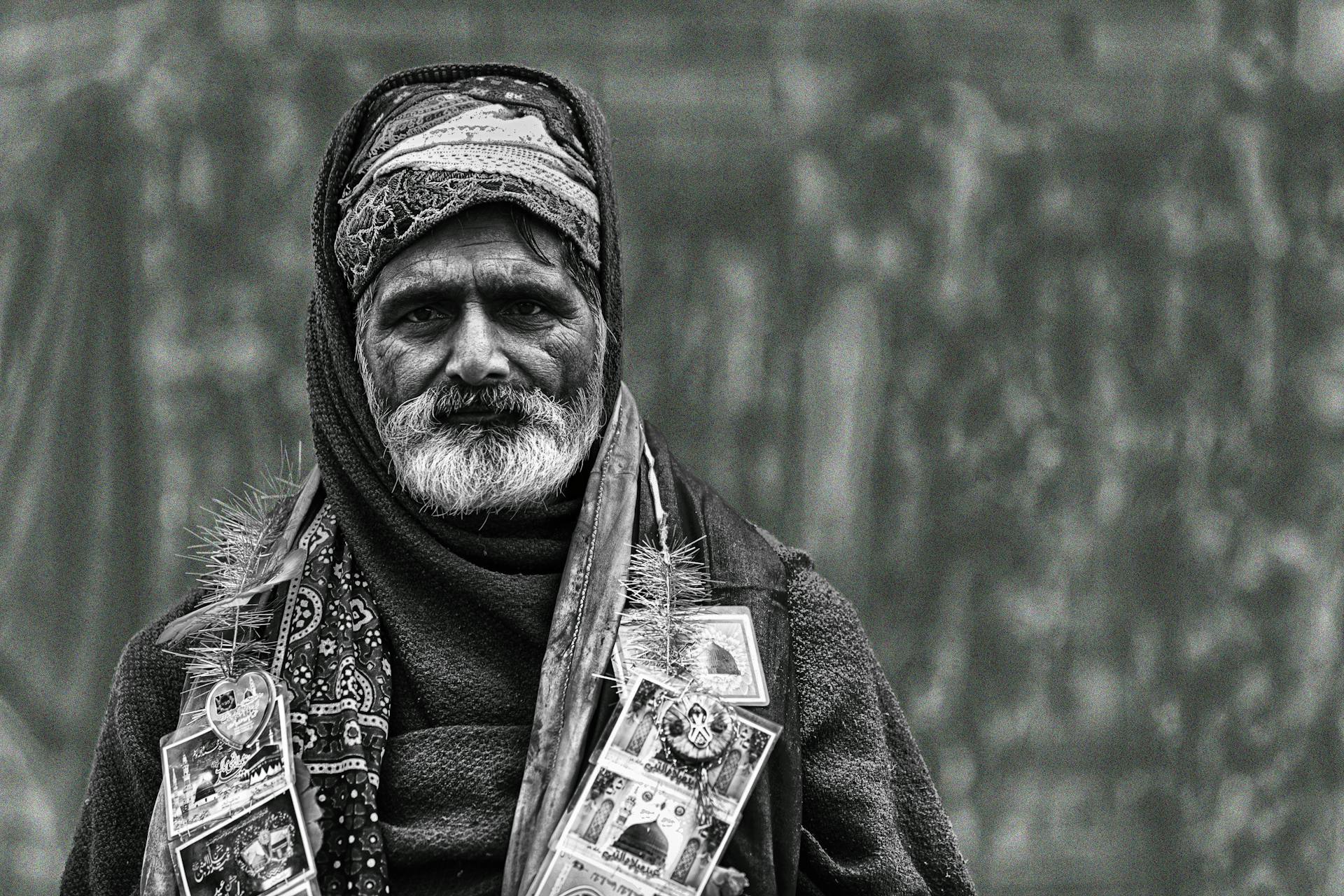The world’s Indigenous peoples include 476 million people living in more than 90 countries and speaking over 4,000 languages. Each of these groups has its own unique culture, language, and traditions. Throughout history, Indigenous peoples have faced oppression, marginalization, and threats to their lands and cultures by colonization, the majority groups in the countries in which they live, and industrialization.
Definition of Indigenous Peoples
There’s no one definition of “Indigenous” used by these peoples, the UN, or the groups who advocate for their rights. Often, the main characteristic of an Indigenous people is their self-identification as such.
However, many (though not all) Indigenous peoples share a few characteristics. They maintain longstanding, ancestral ties to their lands; they’re usually a minority in the country they inhabit; and they have distinct, social, economic, and political systems that differ from the majority. They usually speak a different language and have different cultural beliefs that have been handed down over the generations—beliefs and traditions which may be threatened and which they want to preserve. Some scholars have defined Indigenous peoples simply as people descended from the original inhabitants of lands that are now ruled by other groups due to conquest or colonization.
Examples of Indigenous peoples around the world include Native Americans in the U.S., the Māori in New Zealand, the Maasai of East Africa, Aboriginal Australians, the many Bedouin peoples of North Africa and the Middle East, and the Hmong of Thailand, Vietnam, and Laos.
Rights of Indigenous Peoples
In 2007, the United Nations adopted a resolution called the United Nations Declaration on the Rights of Indigenous Peoples (UNDRIP). Below are some of the most important rights outlined in this agreement.
However, it’s worth mentioning that these rights still aren’t widely respected. There’s much work to do to ensure Indigenous peoples can truly exercise their rights to autonomy, self-determination, and all the rest below.
Self-Determination and Autonomy
Self-determination means Indigenous peoples have the right to freely determine their political status and pursue economic, social, and cultural development. This right is intended to help restore the independence many Indigenous communities historically enjoyed before colonization, conquest, and other forms of oppression and marginalization.
Land and Resource Rights
Land is integral to the identity, culture, and survival of Indigenous peoples. UNDRIP emphasizes the principle of Free, Prior, and Informed Consent (FPIC), which requires governments and corporations to consult with Indigenous communities before initiating any projects on their lands. This right ensures that any development respects the sovereignty and traditions of the Indigenous people who inhabit the lands in question. However, many communities continue to face forced displacement and resource exploitation.
Cultural Preservation
Cultural heritage must be preserved to protect Indigenous identities. According to UNDRIP, Indigenous peoples have the right to maintain and protect cultural practices, languages, and traditions. These measures are designed to counter the historical effects of forced assimilation policies, which attempted to erase Indigenous cultures.
Access to Basic Services
Indigenous peoples are entitled to equitable access to education, healthcare, and public services. Systemic discrimination often restricts their ability to access these rights. Addressing these disparities requires interventions that respect Indigenous knowledge and priorities.
Violations and Ongoing Struggles
Indigenous peoples have faced injustices throughout human history, a sad truth that still applies in the modern era. In Canada, for example, residential schools forcibly removed Indigenous children from their families, stripped them of their culture, and subjected them to abuse, all in an effort to force their assimilation into the dominant Anglo-European Canadian culture. Similarly, Australia’s “Stolen Generations” endured forced assimilation policies that caused lasting trauma. In the U.S., European colonization resulted in destructive wars and massacres of the Native population, forced removal from their ancestral lands, bogus treaties, and treaties that were never respected. And of course, European conquest of North and South America brought new diseases that the Indigenous peoples had no immunity to, causing millions of deaths.
Land rights are another battleground for Indigenous groups. In Brazil, protests against court rulings on land demarcation show the ongoing struggle of Indigenous people to protect their territories. Then there are environmental threats, like deforestation and oil extraction. Oil and gas development and mining in places like Peru and Ecuador have polluted Indigenous lands, and in many cases, violated their rights to self-determination. Some peoples in the Amazon have had their lands seized for fossil fuel extraction, without any recourse, while others may be consulted only nominally. Others are offered meager payments or promises of employment in exchange for resource extraction, but these benefits are usually short-lived.
Government and corporate actors are behind many of these violations. It is not unheard of for Indigenous land defenders to face violence and even murder when advocating for their rights.
Indigenous Peoples as Environmental Stewards
Indigenous knowledge and sustainable practices are key to global environmental health. Indigenous-managed lands account for significant biodiversity and play a role in mitigating climate change. For instance, sustainable land use by Indigenous communities helps combat deforestation and maintains necessary ecosystems for carbon storage.
Indigenous peoples also tend to manage resources with an intimate understanding of natural cycles—and these land management techniques are incredibly valuable today as nature is threatened by climate change. Supporting these efforts is both beneficial for the environment and a way to show respect for the rights and knowledge of these groups.
IRUSA and Indigenous Peoples
Islamic Relief USA (IRUSA) is dedicated to promoting and protecting the rights of all peoples, including Indigenous peoples, through culturally appropriate and dignified solutions. Around the world, IRUSA tailors its humanitarian aid to local traditions and practices to meet communities where they are, respect their autonomy, and promote sustainable development. To learn more about these efforts, visit irusa.org.

Leave a Reply